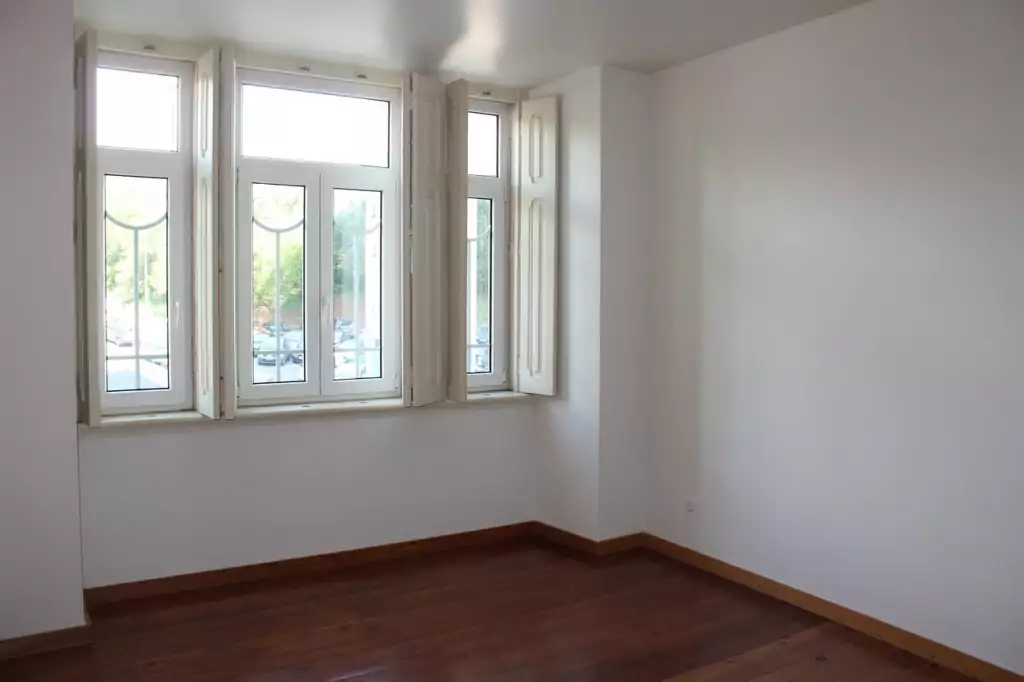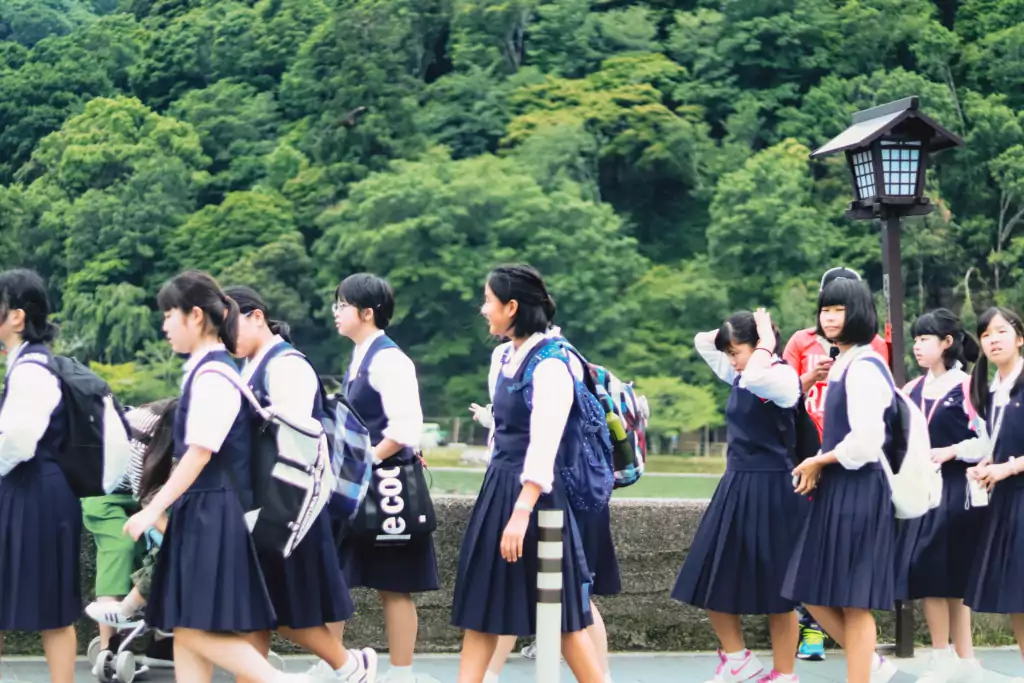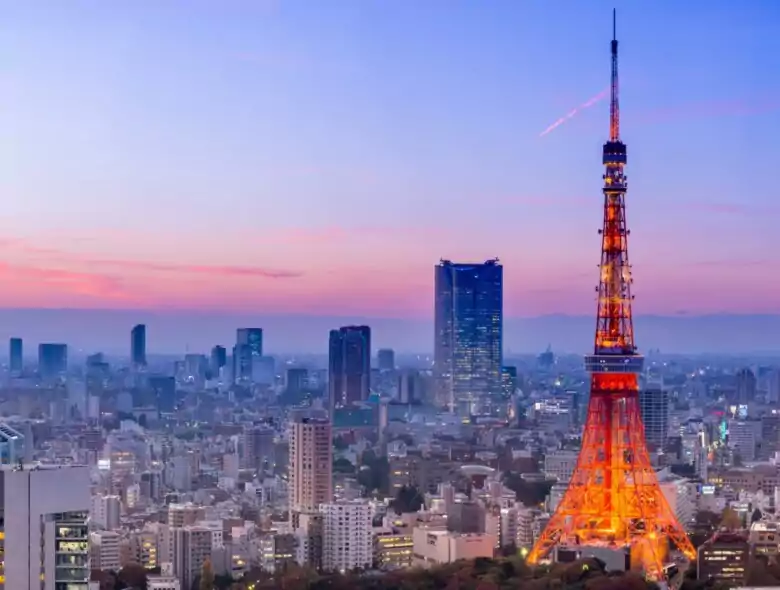Moving can be a daunting experience whether it’s your first time doing so or the 10th. However, the difference between moving within your own country and packing up to move across the globe is stark and can present a whole slew of different and unique challenges.
One popular country that attracts many would-be expats is Japan, also poetically known as The Land of the Rising Sun. Located in East Asia, Japan boasts the world’s third biggest economy, and its citizens and residents enjoy a generally high quality of life full of convenience.
Depending on what passport you hold, individuals can stay in Japan for up to 90 days visa-free but for those intending to stay for a longer period of time, a long-term visa is necessary and can be applied for at your nearest Japanese diplomatic embassy or consulate.
In order to apply for a long-term visa, individuals need to be wanting to move to Japan for work, study, or family reunification. One of the most efficient ways to obtain a long-term visa is to get sponsored by a company in Japan, who will process the paperwork for you and help you obtain a Certificate of Eligibility.
Once you have arrived in Japan with the correct visa for your purpose of stay, you will receive a Landing Permit at your chosen port of entry (most likely the airport). This landing permit replaces your tourist visa, allowing you to legally staying Japan.
Housing In Japan
Demand for housing can be quite high in Japan, especially in its urban areas. Tokyo currently holds the title of being the densest city in the world, and if you choose to settle in Japan’s capital, be aware that the rent prices reflect the high demand for accommodation as Japan is a small country with limited space for building.
On average, rent in Japan can be between ¥50,000 and ¥70,000 but again, this is dependent on whether you’re in the city or countryside, what prefecture you’re in etc. Tokyo, Japan’s capital is the most expensive city to rent in with shared accommodations starting at ¥20,000, a single / studio style apartment going up to ¥150,000, and a 2-bedroom apartment starting at ¥200,000.
One thing you’ll need to get used to when looking at rental listings in Japan is the rental property terms:
- L stands for living room
- D stands for dining room
- K stands for kitchen
- S stands for storage
- R stands for the whole apartment that is a studio style aka. Everything in one room.
Typically, you’ll see “2LDK” or “1K” on rental listings – the former means 2 rooms, living room, dining room, and kitchen; whereas the latter means 1 room with a kitchen.

It may come as a surprise to you but traditionally, rental properties are unfurnished, to the point where there isn’t a stove, A/C unit or light bulbs. However, certain organizations like Village House, are catering to those looking for furnished apartments at budget friendly prices.
It’s also important to note that nearly 100% of properties in Japan are rented through a realtor or real estate company, who will negotiate with the landlord or owner on your behalf.
One of the trickiest hurdles of renting in Japan is the need for a guarantor or a co-signer. A guarantor is a person who is legally bound to cover your rent should you not pay it. Traditionally, a guarantor would need to be a Japanese citizen with feasible income and of a certain age. Many fresh graduates looking for a place to stay will usually name their parents as their guarantor but non-Japanese residents don’t have this luxury.
Cue in the guarantor companies or hosyo gaisha who will act as your guarantor in the unfortunate even that you’re unable to pay your rent. Many real estate agencies will recommend a guarantor company they’ve partnered with when you sign the lease but you’re also free to go with one of your own choosing.
Another shocking thing about renting in Japan are the initial costs, which can be shockingly high – up to 5~6 months’ rent! Why? Well, here’s a generalized breakdown of what expenses are included in the initial costs:
- Guarantor fee – 50% ~ 100~ of one month’s rent
- Security deposit – 1 month’s rent
- Insurance fee – starting at ¥20,000
- Realtor fee – 100% of one month’s rent
- Cleaning fee – a minimum of ¥30,000 up to 100% of one month’s rent
- Key money (a kind of “gift” to the landlord to say thank you for being able to rent the apartment) – 1 ~ 2 month’s rent
- Changing lock fee
- Other miscellaneous fees like an additional deposit if you have a pet
Cost of Living
The cost of living in Japan is highly dependent on where you live, the type of accommodation you’re living in, your spending habits, if you’re single, a couple, or a family etc.
In general though:
- Housing in Japan can cost anywhere from $800 to $500 USD.
- Food, groceries, eating out, delivery etc. can cost between $250 to $700 USD
- Transport (depending on where you are, what transport passes you purchase, and if your company foots the bill) can cost between $30 to $150 USD per month
- Utilities (gas, power, water) can range between $100 and $300 USD

Medical Insurance
Anyone – Japanese and non-Japanese residents – presiding in Japan for over 3 months needs to sign up for mandatory health insurance known as National Health Insurance or Kokumin-kenko-hoken). The health insurance you sign up for will depend on your employment status, age, and residence so you can’t choose.
One of the best things about Japan’s NHI system is that there are no limitations or restrictions on where you can receive medical care but bear in mind that some clinics and medical providers don’t accept NHI.
Japan’s NHI includes hospital care, outpatient care, mental health care, prescription drugs, and dental; and patients need only to pay up to 30% of the total bill.

Japanese Education System
The schooling system in Japan is broken down as such:
- 6 years of elementary schooling
- 3 years of junior high schooling
- 3 years of high school schooling
This is followed by either a 2 to 3 year junior college education or a 4 year university education.
Mandatory education in Japan is 9 years, which implies that elementary and junior high school are compulsory for all students.
The school year in Japan begins in April and ends in March. It follows a 3 semester system:
- Semester 1 is from April 1st to August
- Semester 2 is from September 2nd to December
- Semester 3 is from January 3rd to March
There is a summer break from the end of July to the end of August; a winter break from the end of December to the beginning of January; and a spring break from the end of March to the beginning of April.
School runs from Monday to Friday and sometimes Saturday for junior high and high school students. Club activities or extra-curricular activities are a big part of student culture in Japan are signing up is strongly encouraged.
Schooling in Japan is free for public schools for both Japanese and non-Japanese residents though parents and guardians will need to cover costs for lunch, school materials and uniforms.
For those looking to put their child(ren) in international schools, there are around 40 accredited international schools in Japan. More information can be found on Japan’s Council of International Schools database.
Work Culture
Japan’s work culture is infamous for demanding extreme dedication from its employees resulting in the environment being seemingly harsh and very hierarchical.
A 2015 survey revealed that 53% of Japanese employees were unaware of how much annual leave they were entitled to, which makes it unsurprising to know that Japanese employees are the world’s 2nd most vacation deprived workers.
Reflecting Japan’s collectivist society and culture, working as a team and making decisions as a team is highly valued. A hierarchical structure also means that promotions may happen based on your rank and/or how long you’ve been with the company.
Company loyalty is also highly sought after and thus, staying with one company is still far more commonplace than job hopping.
In conclusion, moving to Japan can be extremely rewarding and enriching but be sure to do all your research and preparation to make the transition as smooth as possible. If you have already made all the necessary preparations to live legally in Japan for the foreseeable future and are looking for accommodation, Village House offers budget-friendly properties across all of Japan’s 47 prefectures with low initial costs.
Related articles:
- A Foreigner’s Guide to Renting in Japan: Common Pitfalls to Avoid
- A Foreigner’s Guide to Clearing the Tenant Screening Process
- A Student’s Guide to Apartment Hunting
- Everything You Need To Know About Buying Your Own Home In Japan
- Renting in Japan: Benefits of Chintai vs. Bunjou



